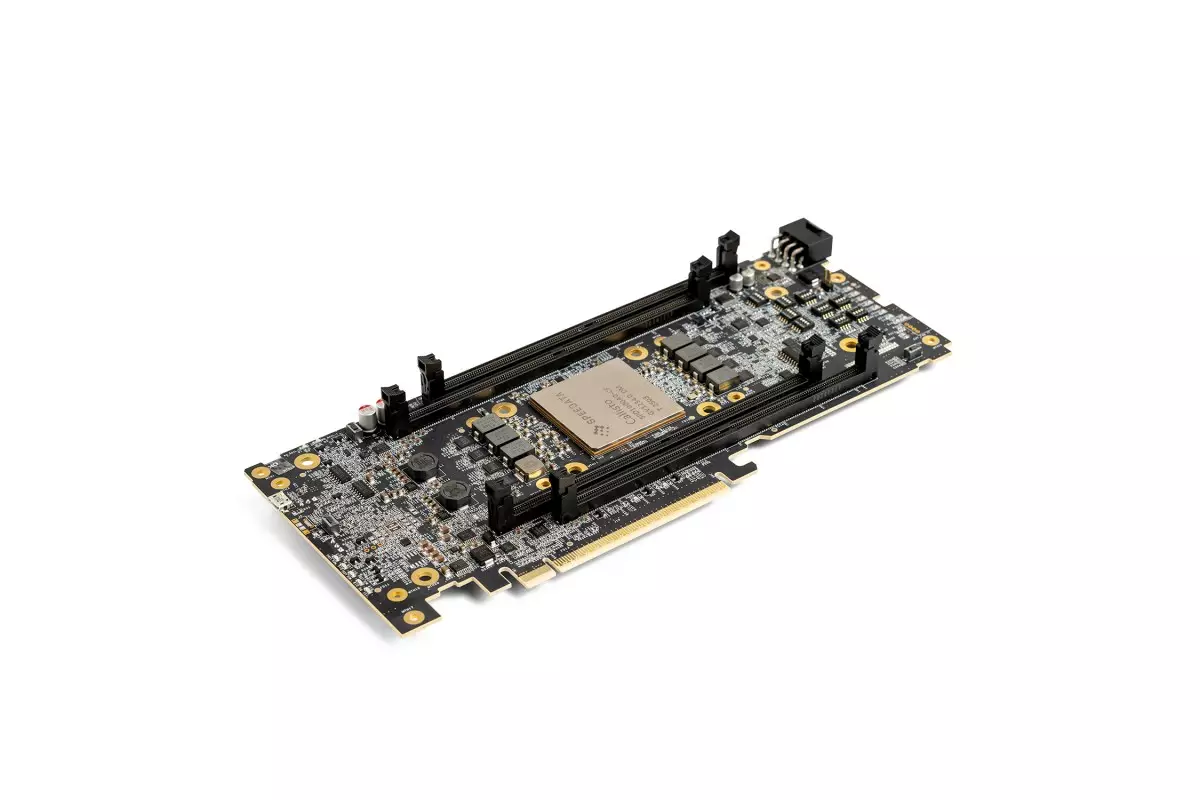In the fast-paced world of analytics and artificial intelligence, the necessity for specialized computing power has never been greater. Speedata, a promising startup based in Tel Aviv, is stepping into the spotlight with a transformative product—the analytics processing unit (APU) designed specifically to energize big data analytic and AI workloads. With a recent influx of $44 million in Series B funding, the company has successfully rounded up its total capital to $114 million, a clear reflection of investor confidence in its groundbreaking technology.
Led by key players such as Walden Catalyst Ventures and Koch Disruptive Technologies, Speedata’s funding underscores a significant trend in the tech industry: a growing recognition of the inadequacies of general-purpose processors in data-heavy environments. This is not just another funding announcement; it represents a critical turning point in how we approach data analytics.
A Purpose-Built Solution for a Complex Problem
Speedata’s APU is a direct response to the performance bottlenecks encountered when analytics are run on conventional processors. According to CEO Adi Gelvan, the current landscape—dominated by general-purpose processing units and modified graphics processing units (GPUs)—falls short when addressing the intricacies of robust data workloads. “For decades, data analytics have relied on standard processing units,” Gelvan pointed out. This foundational flaw has resulted in enterprises incurring exorbitant costs and energy expenditures, often relying on extensive server arrays for complex computations.
In stark contrast, Speedata’s proprietary APU is engineered from the ground up for data analytics, ensuring optimal performance while minimizing energy consumption. The implications are staggering: a single APU unit has demonstrated the ability to perform tasks that historically required multiple servers, thereby not only enhancing efficiency but also substantially reducing operational costs. It’s a game-changing technology that could flip the script on how data analytics are processed across various sectors.
From Concept to Reality
Founded in 2019 by a team of six inventors—with valuable experience in Coarse-Grained Reconfigurable Architecture (CGRA)—Speedata’s journey has been nothing short of remarkable. Their mission was driven by the conviction that data analytics should not be shackled to general-purpose processors. Instead, after years of dedicated research, they engineered a solution that could handle increasingly intricate workloads with unprecedented agility.
Recent developments show that Speedata has successfully moved into the testing phase of its hardware, with significant milestones already achieved. Gelvan noted that the company has transitioned from theoretical designs to tangible hardware showcased during field tests on a field-programmable gate array (FPGA). This evolution promises critical readiness for the market, with large enterprises eagerly anticipating integration.
Fulfilling the Need for Speed
The speed at which Speedata’s APU operates is nothing short of revolutionary. In one notable example, the APU completed a pharmaceutical workload in a mere 19 minutes compared to the staggering 90 hours required by conventional processors. This 280-fold speed improvement is not just a statistic; it highlights the efficiency gains and streamlined workflows that businesses can expect by adopting this innovative technology.
The impending product launch at Databricks’ Data & AI Summit is eagerly anticipated within tech circles. It marks a defining moment for the startup, offering an opportunity to unveil the APU to a global audience. With various large companies already testing this technology—although specific names remain under wraps—Speedata is poised to disrupt the analytics landscape significantly.
A Vision to Transform Data Architecture
What sets Speedata apart is not merely its technology but also its ambition. The roadmap laid out by Gelvan and his team envisions their APU becoming the standard processor for data analytics—akin to how GPUs have dominated AI training. This audacious goal is fueled by their commitment to continuously enhance capabilities to support a plethora of data analytics platforms, further solidifying their position in an increasingly competitive field.
With its innovative APU, Speedata is not just another startup chasing funding; it is a potential leader in an industry ripe for disruption. As the analytics landscape evolves, the need for rapid, efficient, and purpose-built solutions will only intensify. Speedata’s APU is a testament to the power of specialized technology and its capacity to redefine how we interact with and leverage big data.

